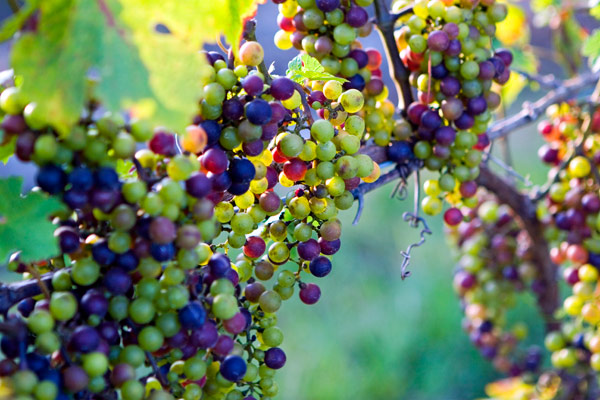September 21, 2014
Matthew 20:1-16a
There are many ways to crack open the meaning of a parable, but most of them begin with a question. So here is the question I would like to pose to today’s parable of the workers in the vineyard: Why were some of the workers not hired earlier? When the landowner went out about 5 o’clock, why were these particular workers still standing around? Perhaps they were the smallest workers, or the weakest workers, or the oldest workers. Earlier in the day the landowners as good business men were certainly looking for younger, stronger, and bigger workers for their vineyards. So it happened that this particular group of less desirable workers found themselves still idle as the day was coming to an end.
Now the punch of this parable is that the landowner of the parable goes out and hires those workers, even though the day was almost over. And he gives them the full day’s wage. This action on the part of the landowner might surprise us or even upset us, if we think that the parable is trying to describe some economic system – how we should run our business. But that is not what the parable is trying to do. The parable is describing God. God is the landowner, and this parable is telling us that our God chooses the strong and the weak, those who work all day long and those who work one hour, those who come first and those who come last. God can do this because it is God’s vineyard. God can call the shots. God chooses whom God wants. God is free to be generous. This is what those who are hired first don’t understand. They think that the parable is about their work. It is not. It is about God’s freedom, God’s generosity, and God’s love.
This, of course, is good news for those who come last, for those who are not yet hired. But it is a real challenge for any of us who have been working all day long. This is also what makes this parable a particularly helpful lens through which to examine our national policy of immigration. Now, I know, as soon as I mention immigration, many of you conclude that I am offering a political speech. But my intention is not to underwrite any particular piece of legislation. My intention is rather to take a value of the gospel and apply it to the world in which we live. In that world we all know that our immigration system is broken. We know that there will be a debate concerning immigration as soon as the fall elections are over. When that debate begins, it is our role as disciples of Jesus to introduce what we believe into the debate.
A faith perspective changes many things. If there is no God, then things are simple. This is our country. We are here. And those who are outside our borders are of no concern to us. But if we believe in God, especially if we believe in the God of this parable, then America is God’s vineyard. We do not own this land. God does. We are not here because of any right we possess. We are here because God chose us to be here. We are the first to be hired. Now have we worked hard? Yes, we have. Do we pay our taxes? Yes, we do. Do we strive to make this country healthier and more secure? Without a doubt. But because we believe in God, we also know what God would tell us to say to those who are on our borders waiting to come into the vineyard and work. God would have us say, “Yes, you, too, come and work in the vineyard.”
Of course, any comprehensive immigration policy must include secure borders and enforceable laws. But, as believers, our voice in the public debate should express the experience of our generous God. Deeply aware of God’s choice to place us in this great country with all of its blessings, we should speak up for the God who chooses the last together with the first. Finding an appropriate way to welcome those on our borders into the vineyard of the United States need not diminish us. In fact, it can add to our work the work of others, so that together we may attain an even more abundant harvest.


Father, the homelist today interpreted the workers in terms of the Jews and those who were accepting the gospel message and were not Jews. This interpretation seems to invite anti-Judaism. What do you think? Thank you for your timely interpretation.
That interpretation has often been used. It is not however the only interpretation. And as a church which disavows Anti-Judaism, I would avoid it.